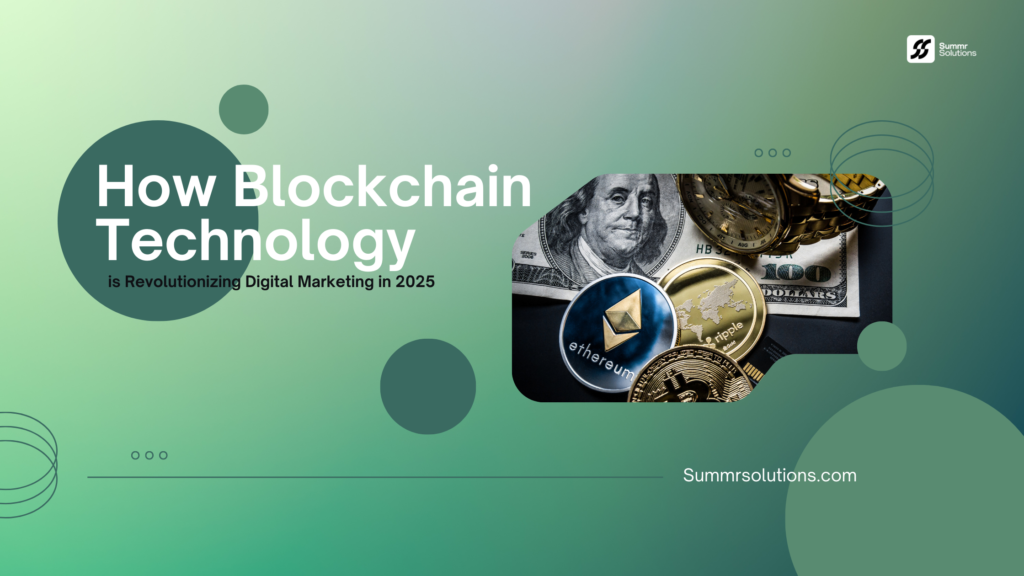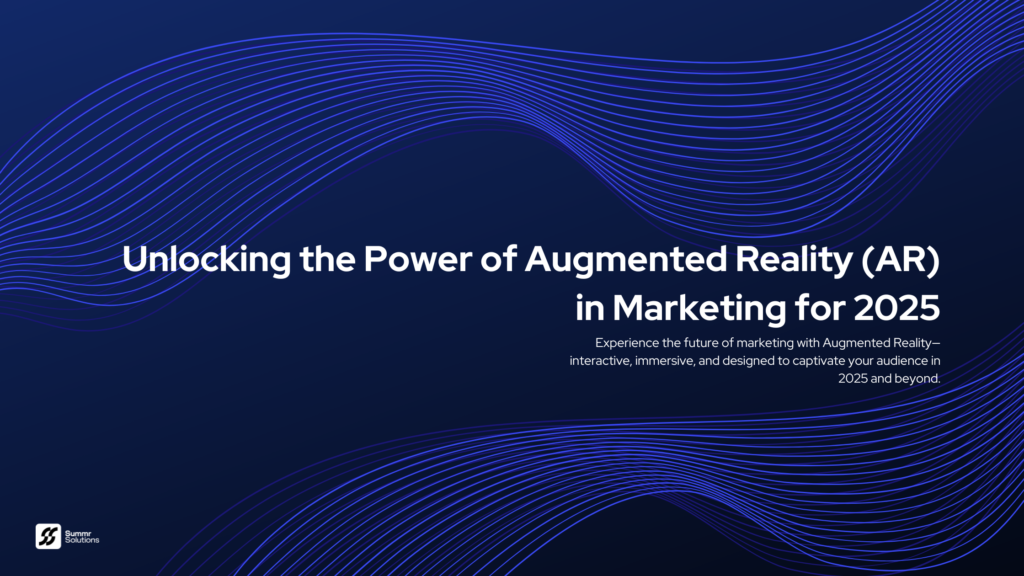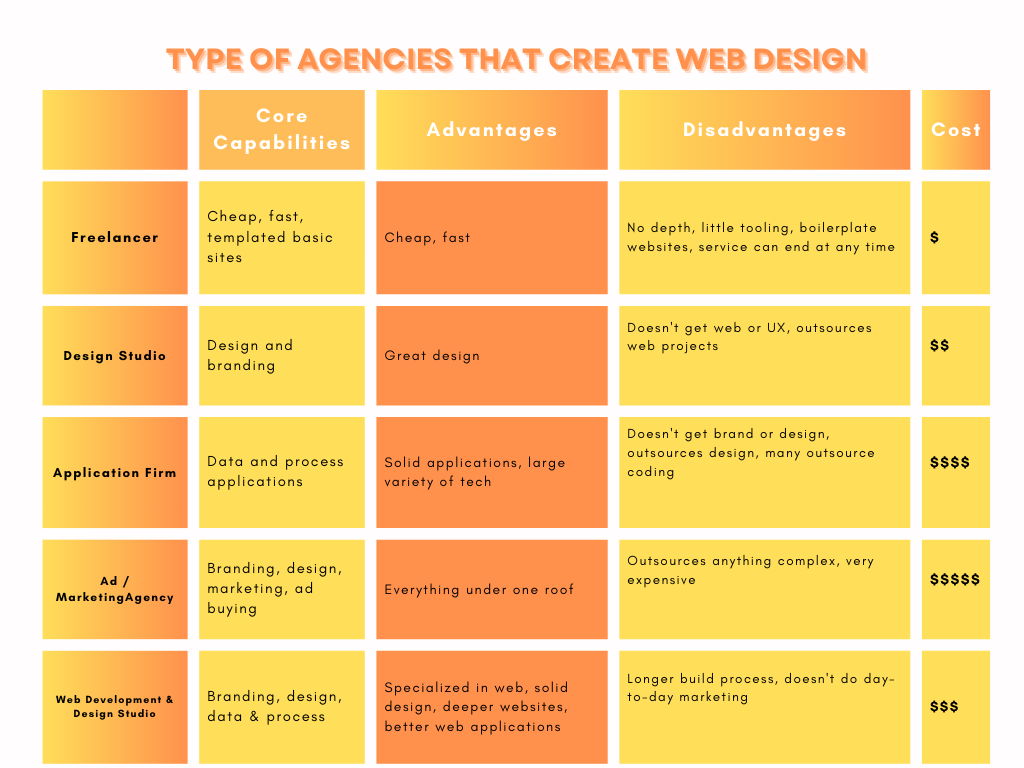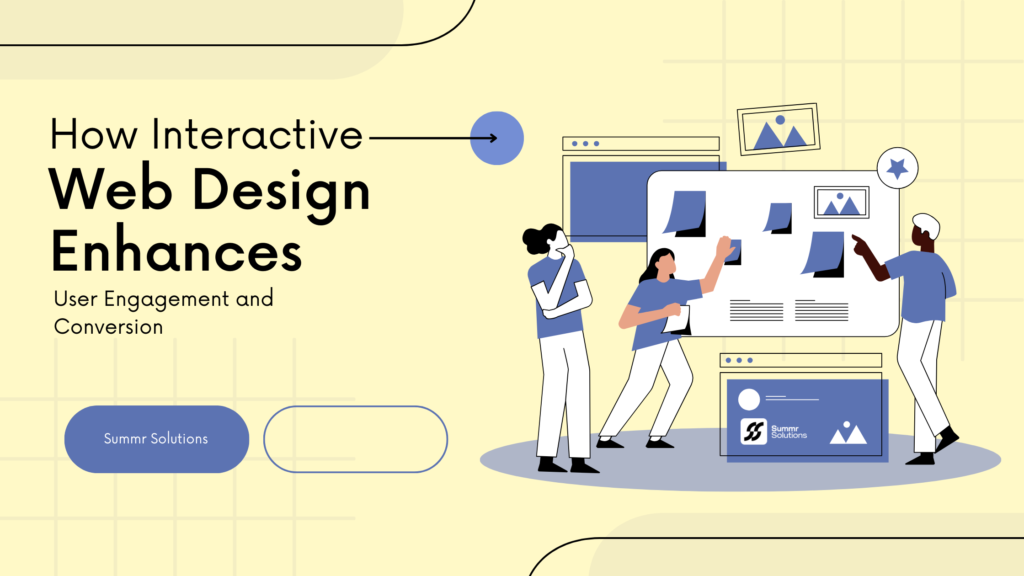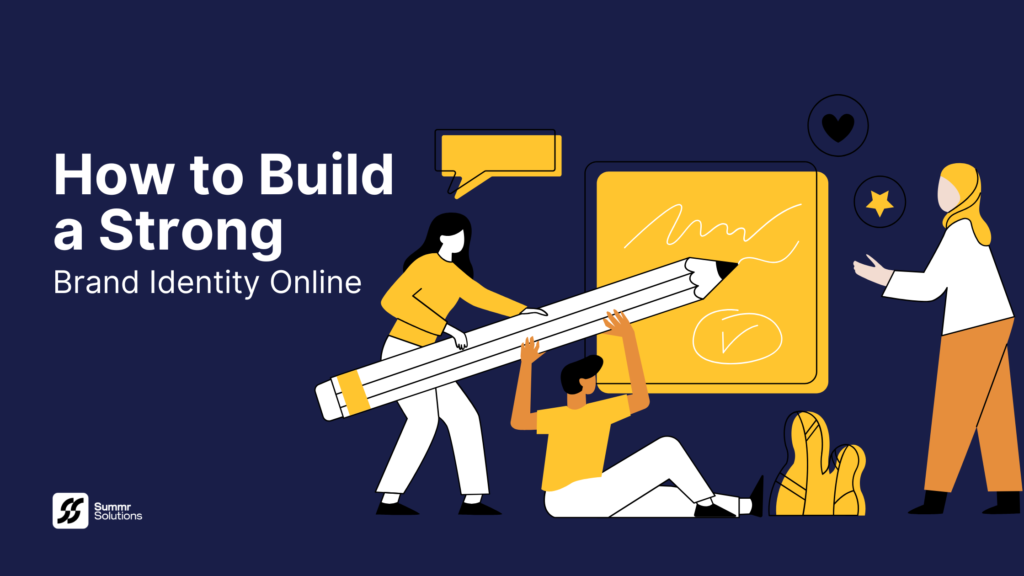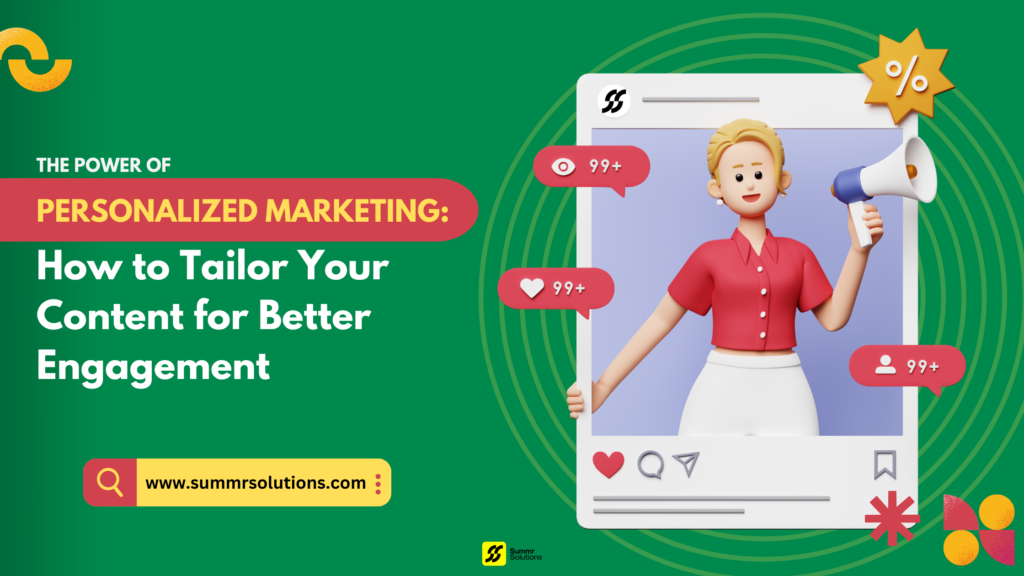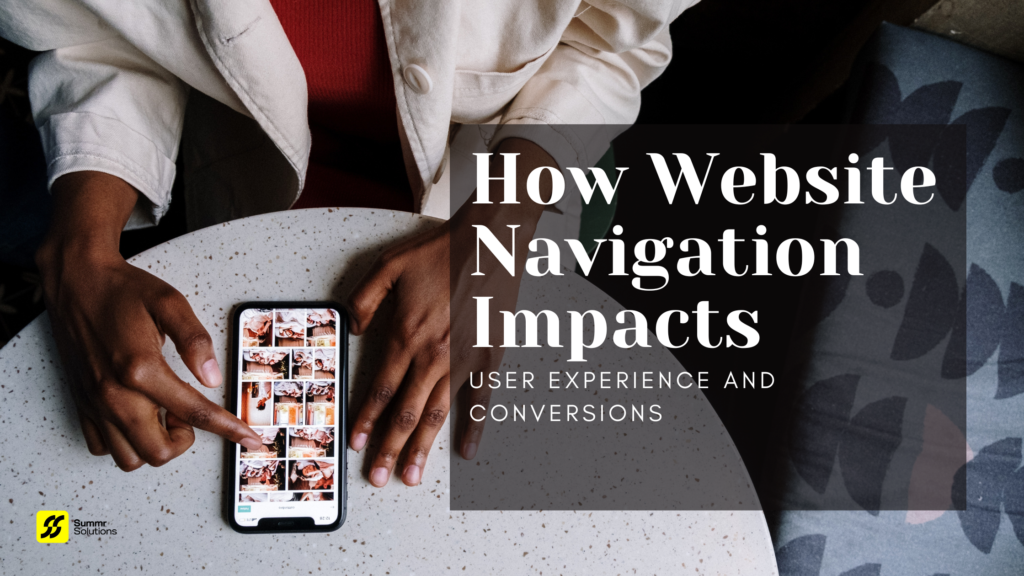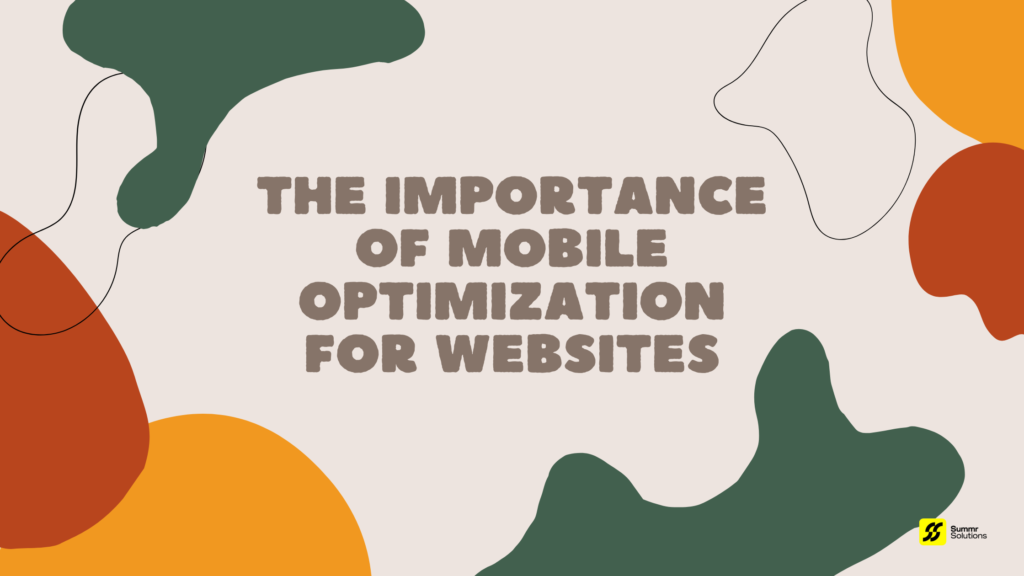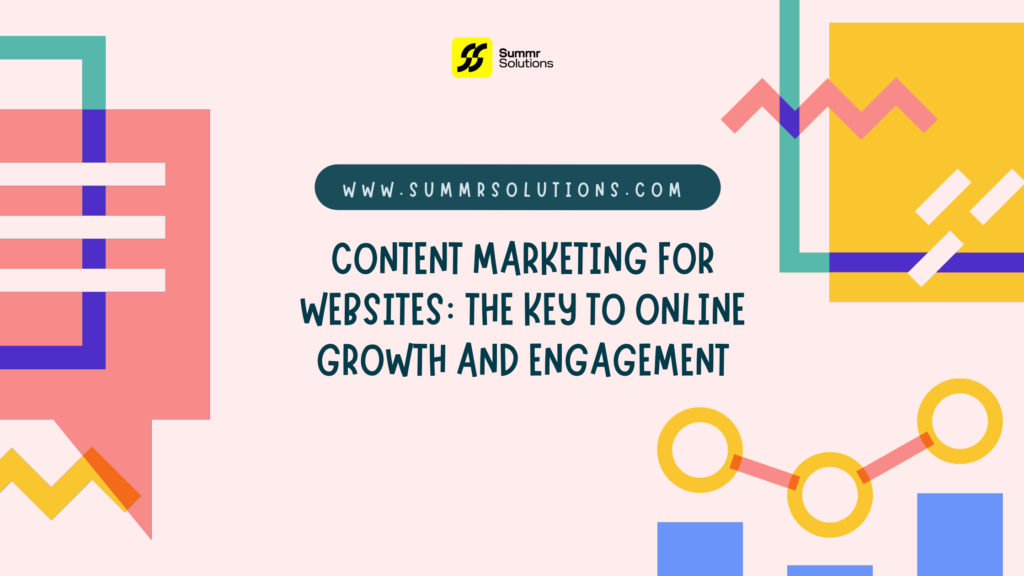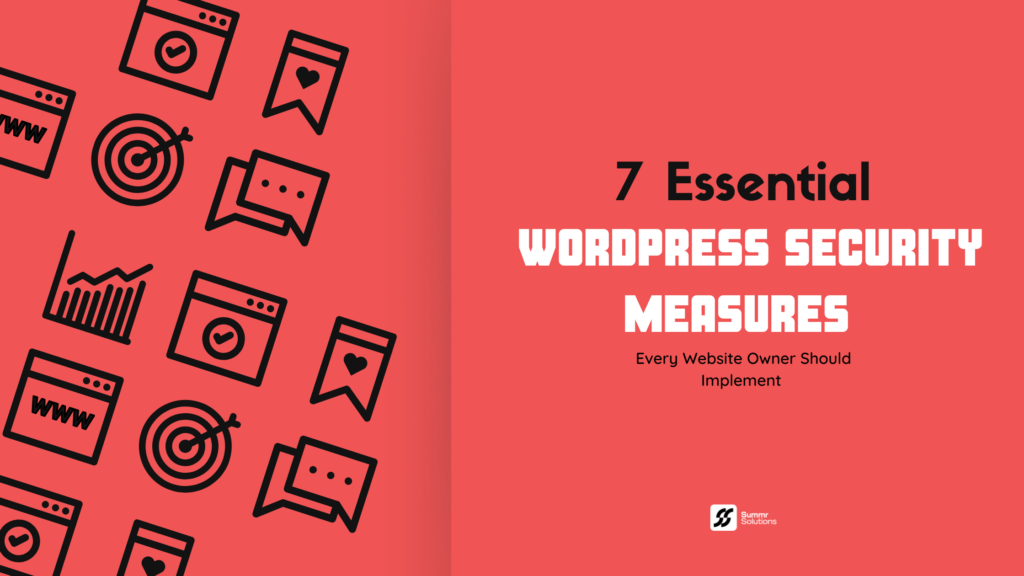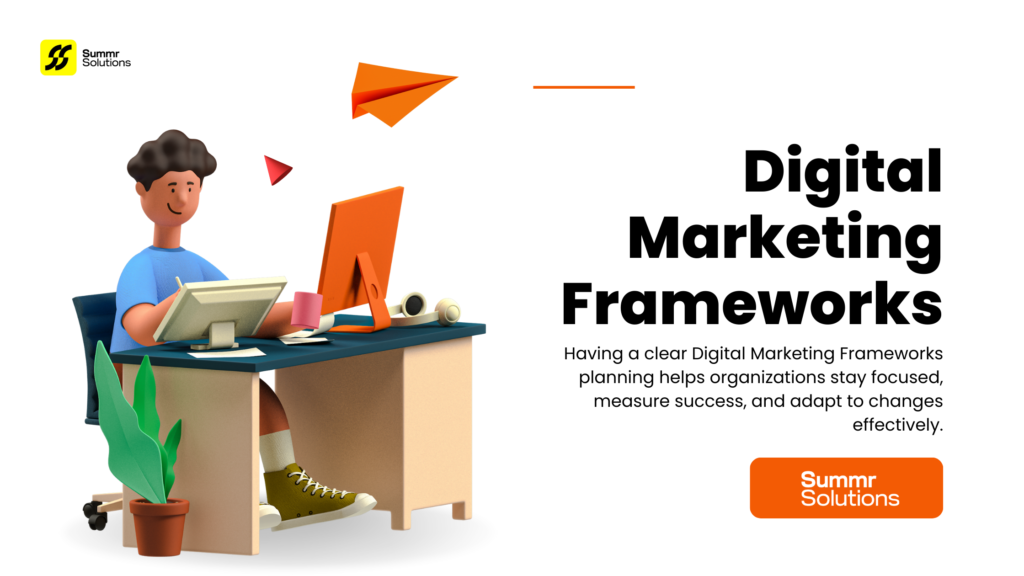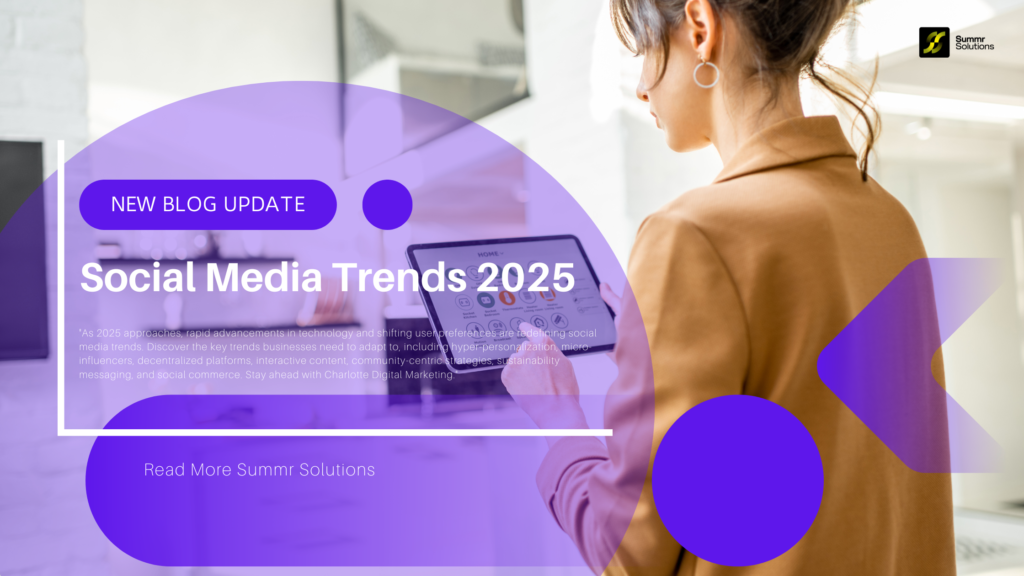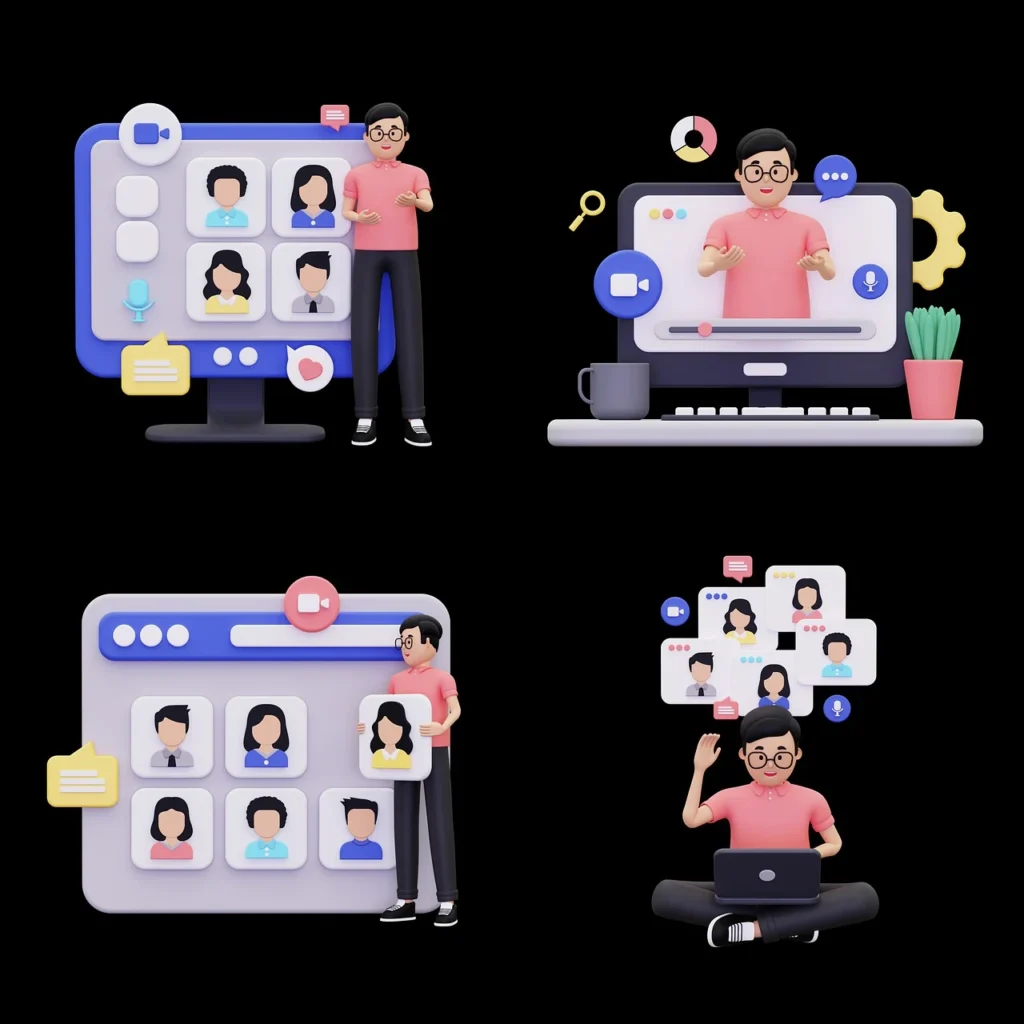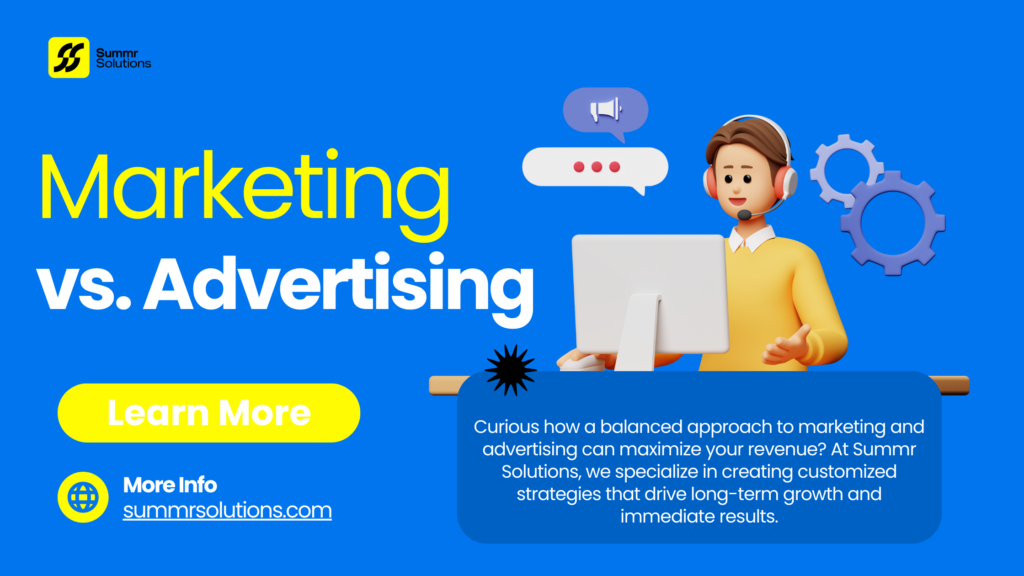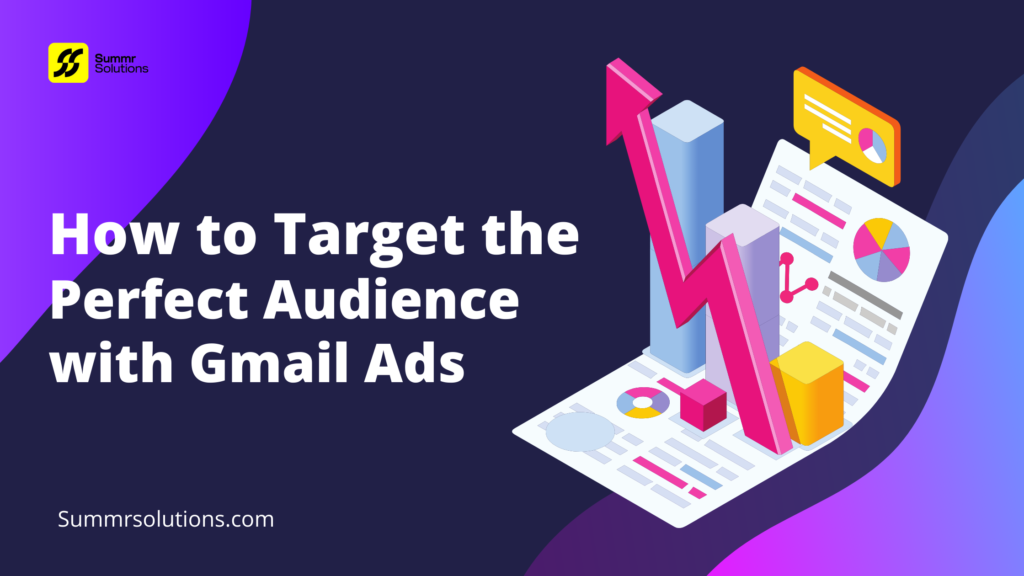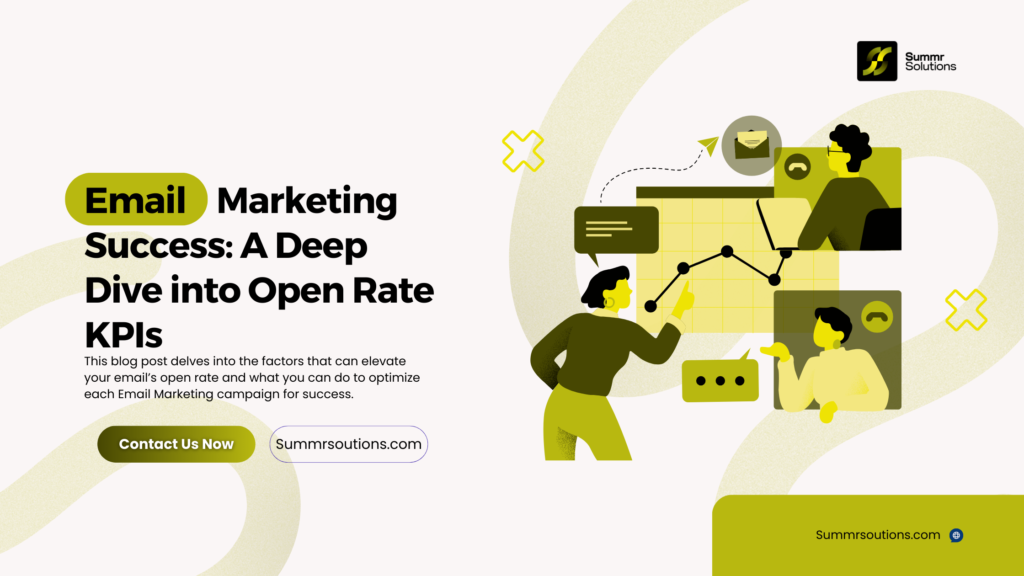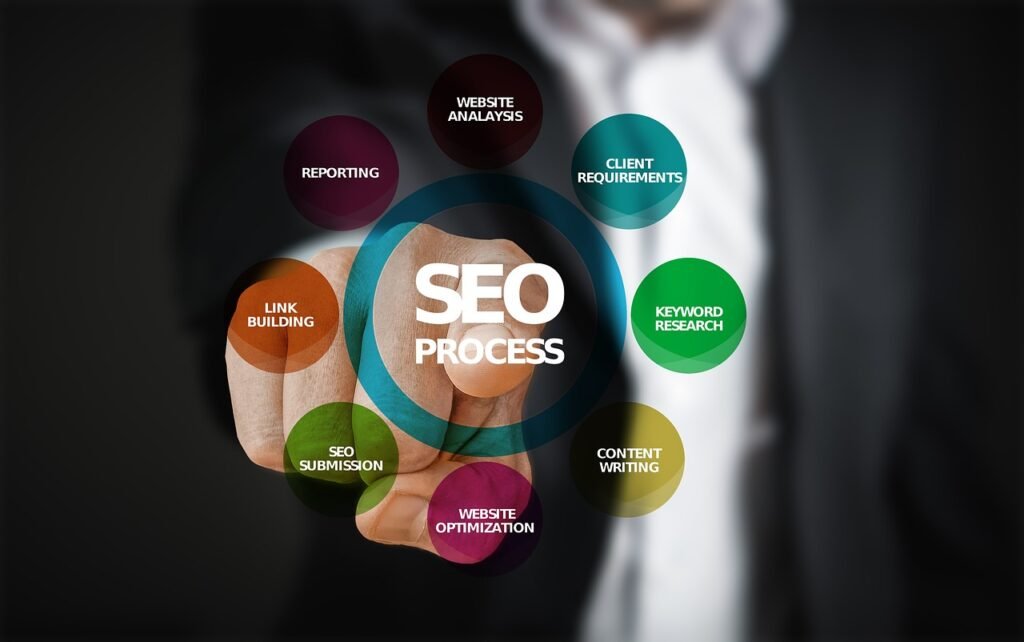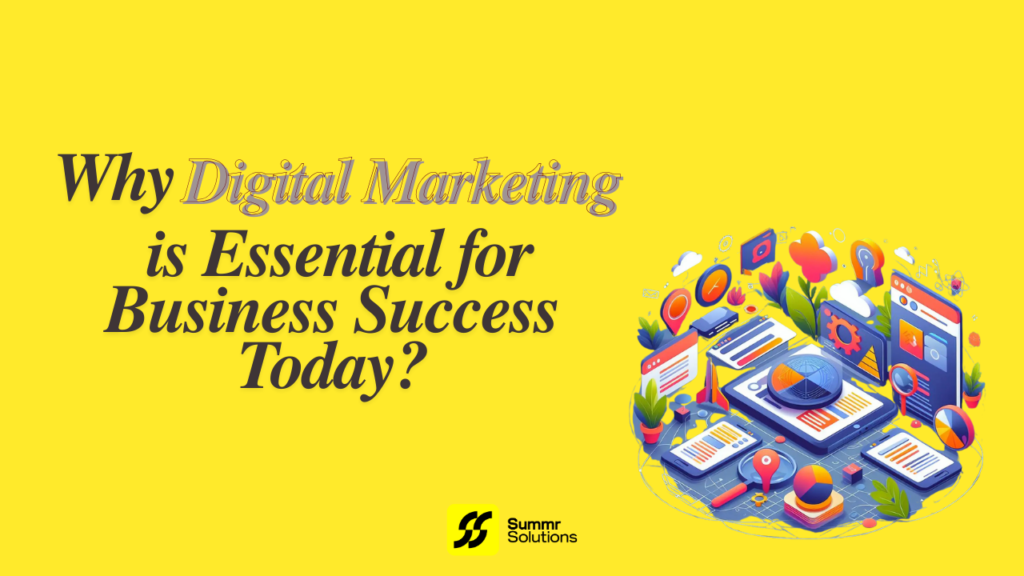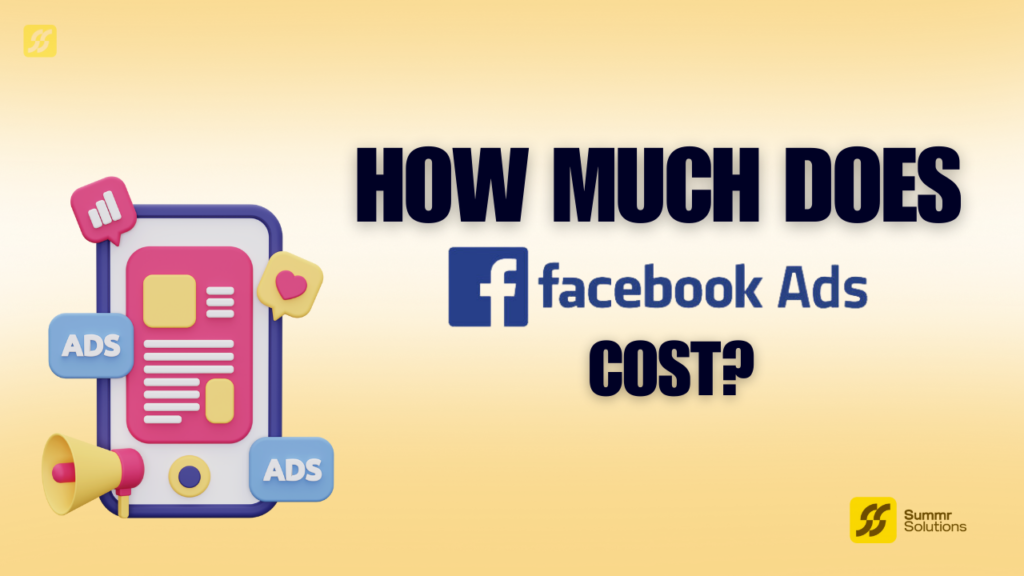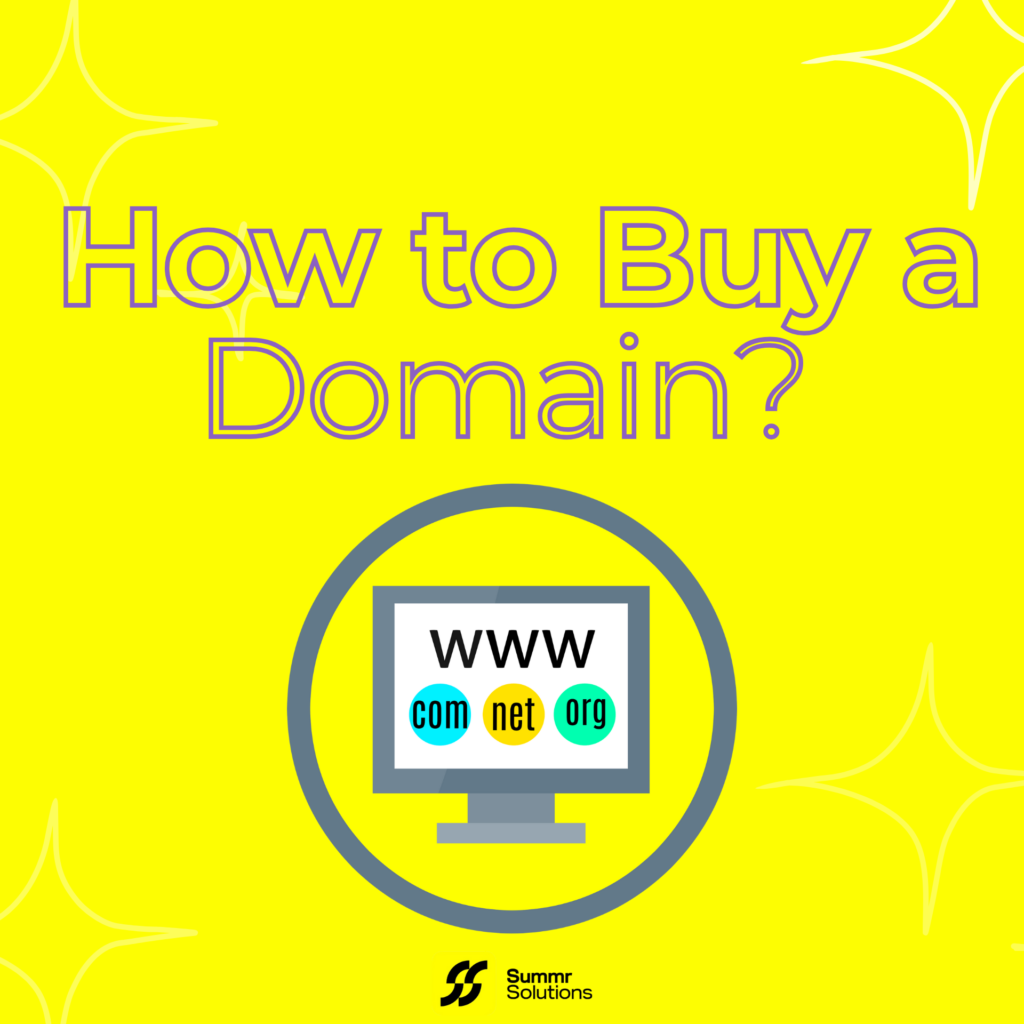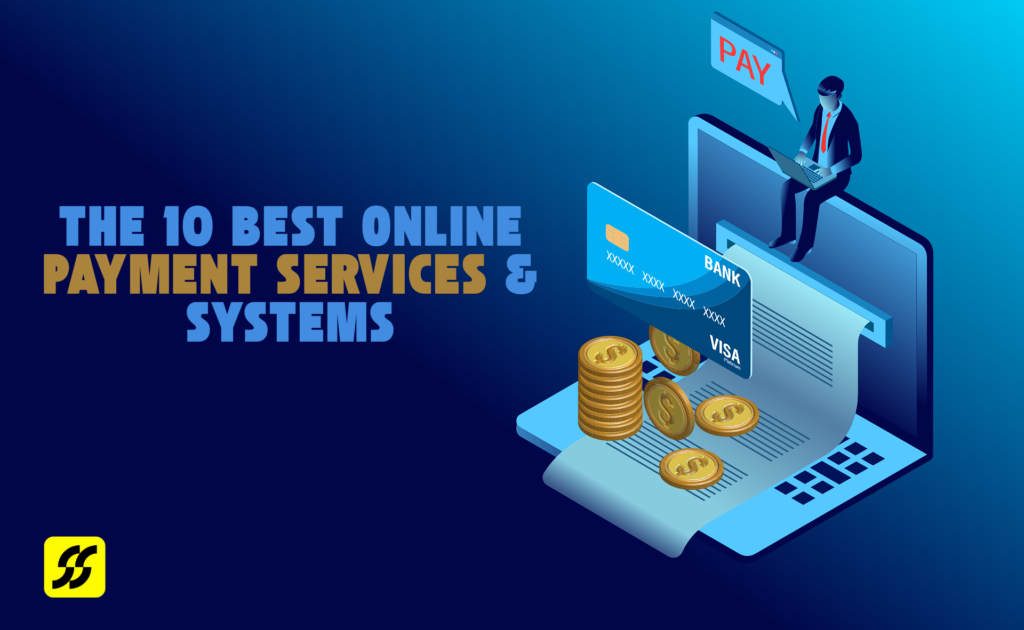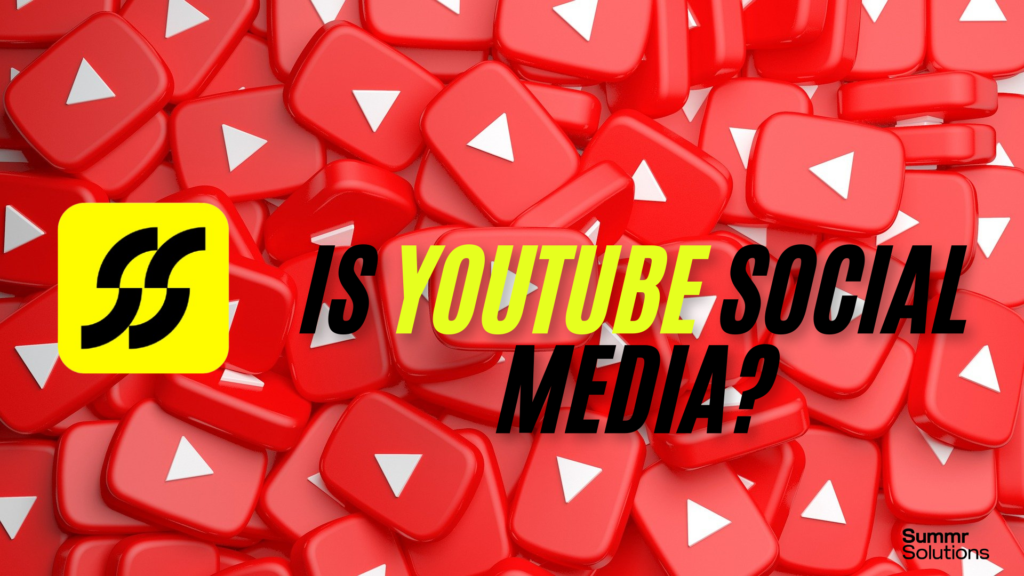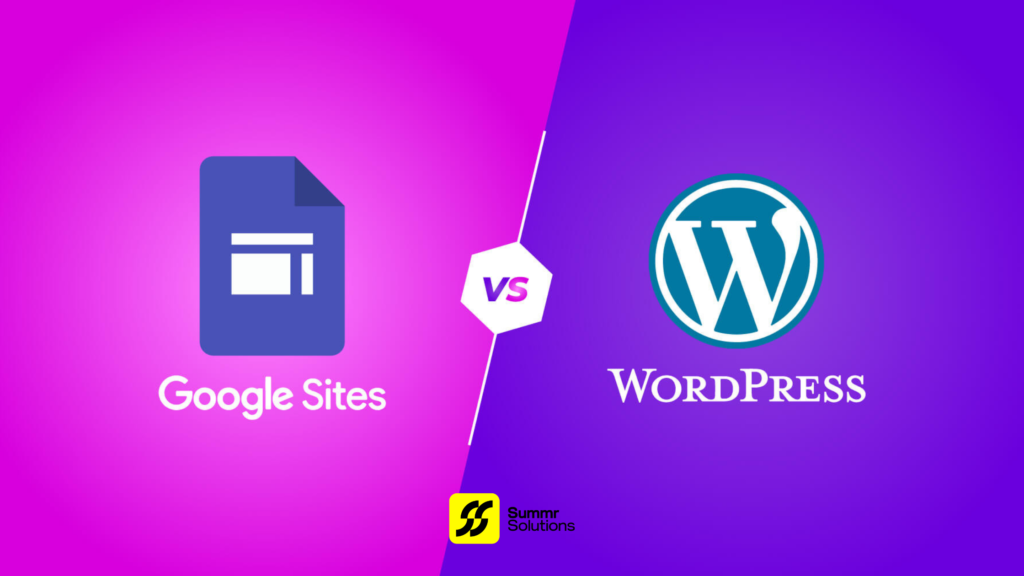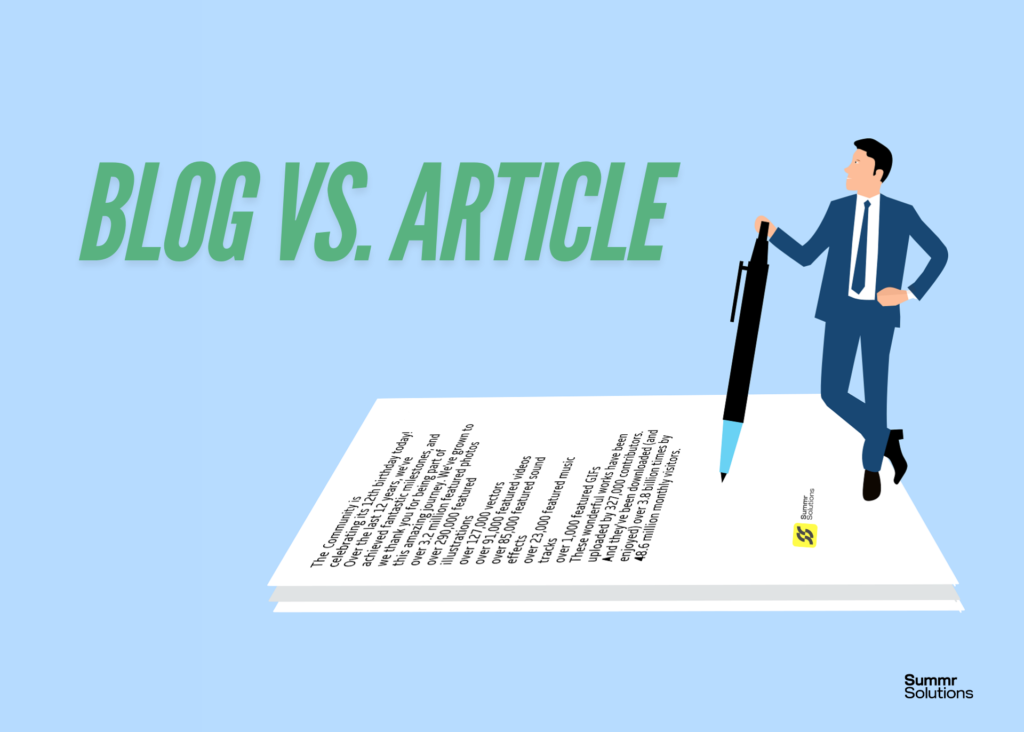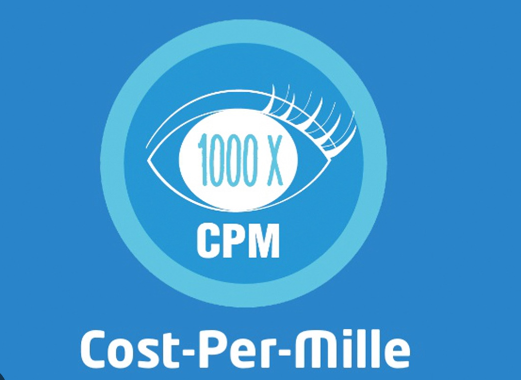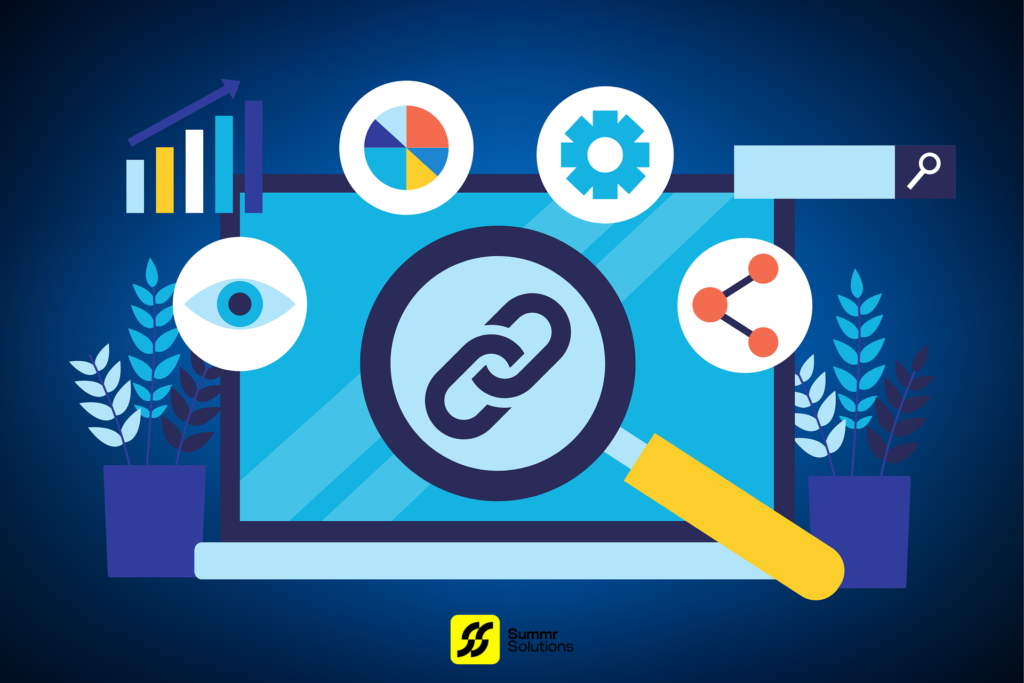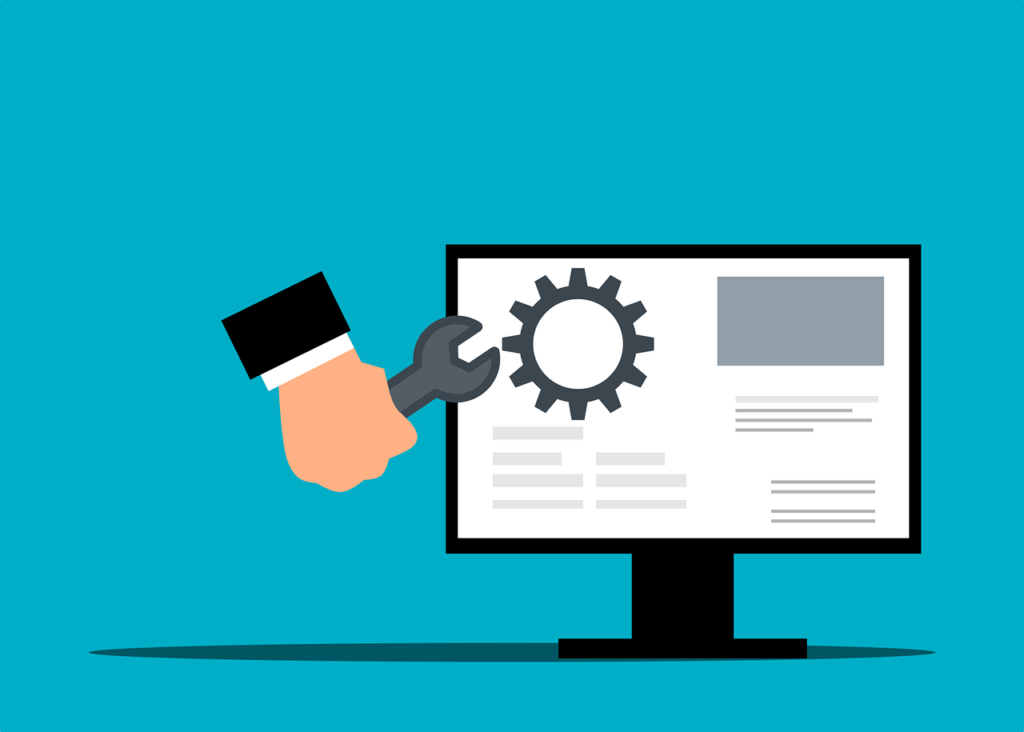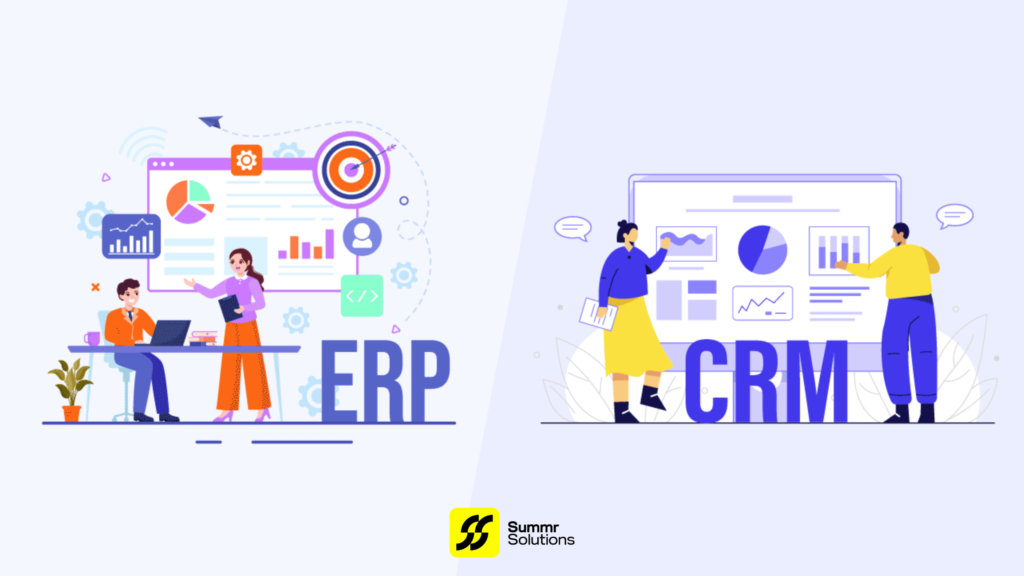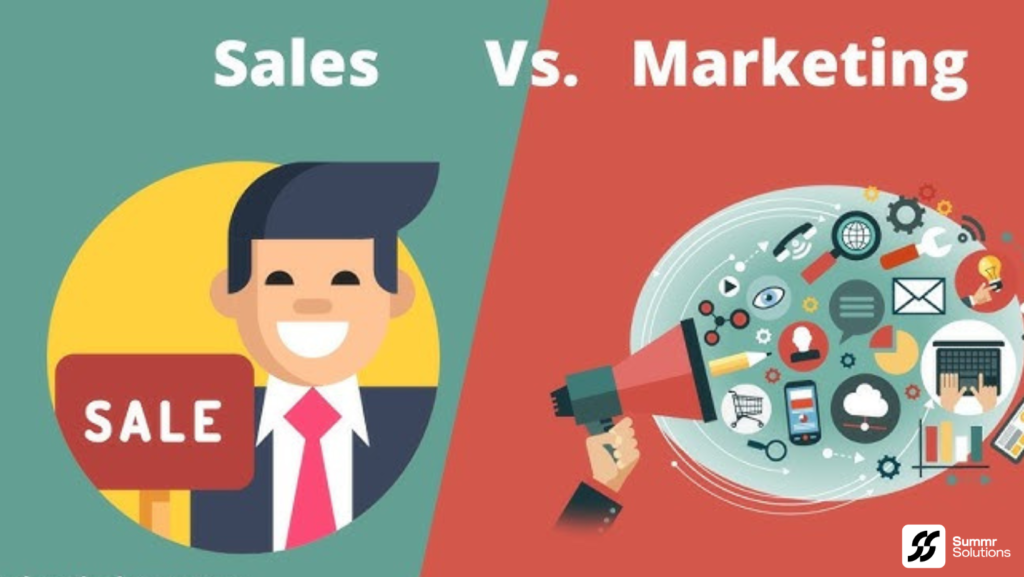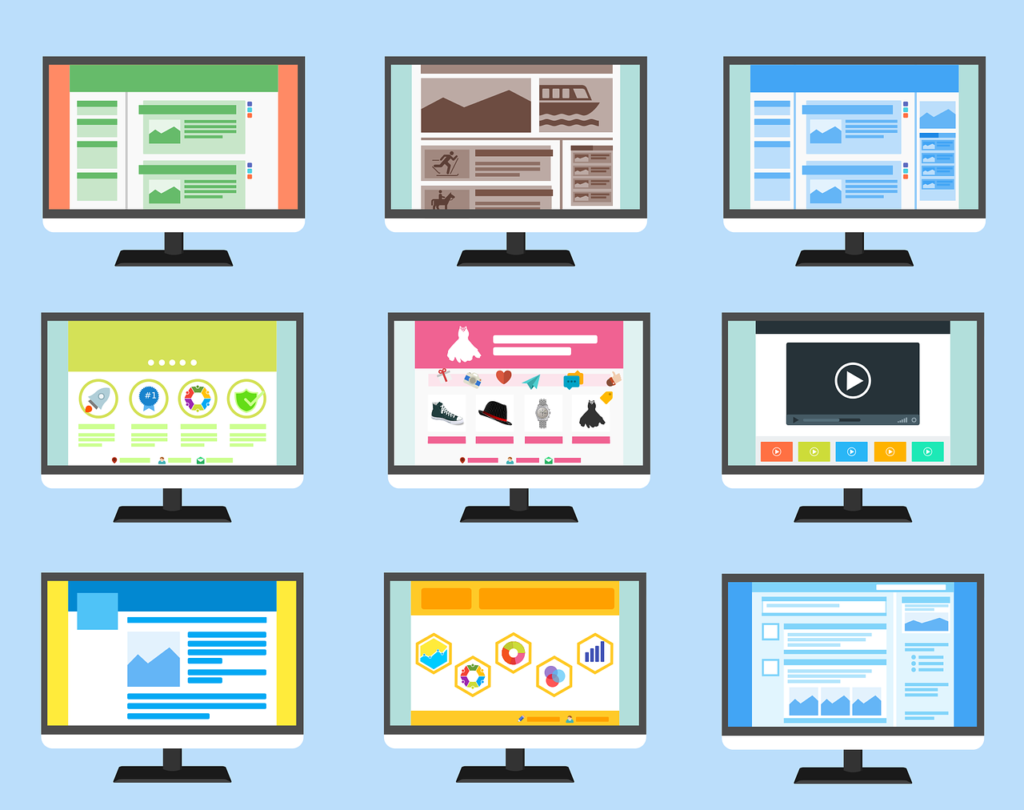In the digital age, consumers expect more than just generic marketing messages. They want personalized, relevant experiences that speak directly to their needs and preferences. Personalized marketing is a strategy that involves tailoring your messages, content, and offers based on customer data and behaviors. In this post, we’ll explore how personalized marketing can drive better engagement, improve customer loyalty, and increase conversions for your business.
-
What is Personalized Marketing?
Personalized marketing involves using data about individual customers—such as browsing history, purchase behavior, and demographic information—to create customized content and marketing messages. Rather than sending out one-size-fits-all campaigns, you deliver targeted content that speaks to each customer’s specific interests and needs.
For example, an e-commerce site might send product recommendations based on a customer’s past purchases or browsing history. Similarly, a subscription service might offer personalized discount codes or exclusive offers based on the customer’s subscription history.
Personalization can happen at various touchpoints across the customer journey, including:
- Emails
- Website content
- Ads
- Social media interactions
- Product recommendations
-
Why Personalized Marketing is Important
Personalized marketing isn’t just a nice-to-have—it’s a game-changer for your business. Here’s why:
- Improved Customer Experience: Consumers today expect personalized experiences. A study by Epsilon found that 80% of consumers are more likely to make a purchase when brands offer personalized experiences. When customers feel understood, they’re more likely to stay engaged and make repeat purchases.
- Higher Engagement Rates: Personalized content resonates more with users, which leads to higher engagement. Tailoring your content to individual preferences increases the likelihood that users will click, share, or comment. This also leads to improved customer satisfaction and trust.
- Increased Conversion Rates: By delivering the right message to the right person at the right time, personalized marketing boosts conversion rates. Personalized recommendations or offers encourage customers to take action, whether it’s making a purchase, subscribing to a newsletter, or completing a lead generation form.
- Better ROI: According to McKinsey, personalized experiences can lead to a 10-30% increase in revenue. Since personalized marketing targets the right people with the right messages, it tends to yield a better return on investment compared to generic marketing.
-
Strategies for Implementing
Now that we know why personalized marketing is crucial, let’s look at some effective strategies you can use to personalize your marketing efforts:
- Segment Your Audience: The first step to personalization is segmenting your audience. Break your audience into different groups based on shared characteristics, such as demographics, purchase history, browsing behavior, and interests. This allows you to send more relevant content to each segment.
- Use Dynamic Website Content: A great way to personalize the website experience is by using dynamic content. For example, you can show different content or product recommendations depending on whether the user is a first-time visitor, a returning customer, or a subscriber.
- Personalized Email Campaigns: Emails are one of the most effective channels for personalized marketing. Use data such as name, location, past purchases, and browsing history to send targeted email campaigns. You can create different email flows for different customer segments, offering product recommendations, discounts, or educational content tailored to their needs.
- Leverage Retargeting Ads: Retargeting ads show personalized messages to people who have previously visited your website. If a user browsed a particular product but didn’t purchase it, you can retarget them with ads showcasing the same product or offering a special discount to encourage them to complete the purchase.
- Collect and Use Customer Data: Personalized marketing is built on data. Collect information through surveys, purchase history, website behavior, and social media interactions. This data helps you understand customer preferences and tailor your messaging accordingly. However, always ensure that you’re compliant with data privacy regulations, such as GDPR.
- Create Personalized Landing Pages: Once you’ve segmented your audience and personalized your emails or ads, direct them to personalized landing pages. For example, a returning customer might see a landing page featuring products based on their previous purchases, while a first-time visitor might see a welcome offer.
-
Tools to Help with Personalized Marketing
There are several tools and platforms available that can help you implement personalized marketing effectively:
- Customer Relationship Management (CRM) Systems: CRMs like Salesforce, HubSpot, or Zoho help you collect and manage customer data, segment your audience, and deliver personalized campaigns.
- Email Marketing Platforms: Tools like Mailchimp, Klaviyo, and ActiveCampaign offer advanced segmentation and personalization features, allowing you to send customized emails based on customer behavior.
- Website Personalization Tools: Platforms such as Optimizely and Dynamic Yield help deliver dynamic content based on user behavior and characteristics, optimizing the user experience on your website.
- Retargeting and Ad Platforms: Google Ads, Facebook Ads, and AdRoll allow you to create highly personalized retargeting campaigns that follow users across various digital channels.
-
Measuring the Success
To ensure that your personalized marketing efforts are effective, you need to track key performance indicators (KPIs). Here are some metrics to monitor:
- Engagement Rates: Measure the open rates, click-through rates, and social shares of your personalized content. High engagement rates indicate that your messaging is resonating with your audience.
- Conversion Rates: Track how personalized content impacts conversions, whether that’s making a purchase, filling out a lead form, or subscribing to a newsletter. A higher conversion rate suggests that your personalization efforts are paying off.
- Customer Retention: Personalized experiences can help increase customer loyalty. Monitor repeat purchases, subscription renewals, and overall customer retention to assess the long-term impact of personalization.
- Return on Investment (ROI): Measure the ROI of your personalized marketing campaigns by comparing the revenue generated against the cost of running those campaigns. Personalization should lead to better returns compared to generic marketing efforts.
-
Challenges in Personalized Marketing
While personalized marketing offers numerous benefits, there are some challenges to consider:
- Data Privacy Concerns: As consumers become more concerned about their privacy, it’s essential to be transparent about how you collect and use their data. Make sure to comply with regulations like GDPR and CCPA to protect your customers’ personal information.
- Maintaining Personalization at Scale: As your business grows, personalizing content for a larger audience can become more challenging. However, with the right tools and strategies in place, you can scale your personalization efforts without sacrificing quality.
- Data Management: Collecting and analyzing customer data can be overwhelming. Make sure your team is equipped with the right tools and processes to handle and utilize this data effectively.
Conclusion
Personalized marketing is no longer a trend—it’s a crucial component of modern business strategies. By tailoring your content to meet the specific needs and preferences of your audience, you can build stronger relationships, improve engagement, and drive conversions. With the right tools and strategies, personalized marketing can help take your business to the next level, delivering real value to both your brand and your customers.
Transform your marketing with personalized content that speaks directly to your audience. Reach out to Summr Solutions for a custom strategy designed to enhance engagement and drive results.


